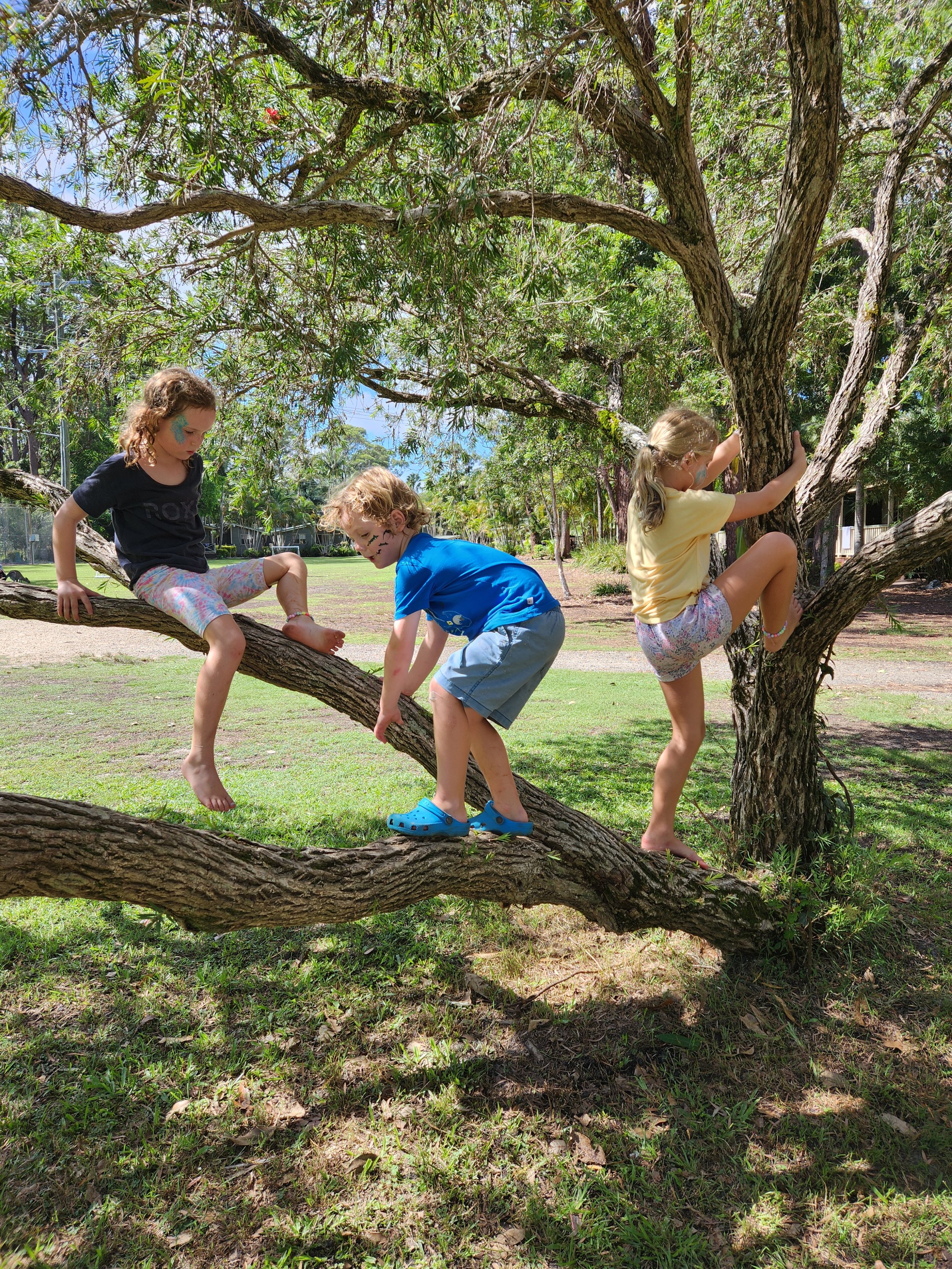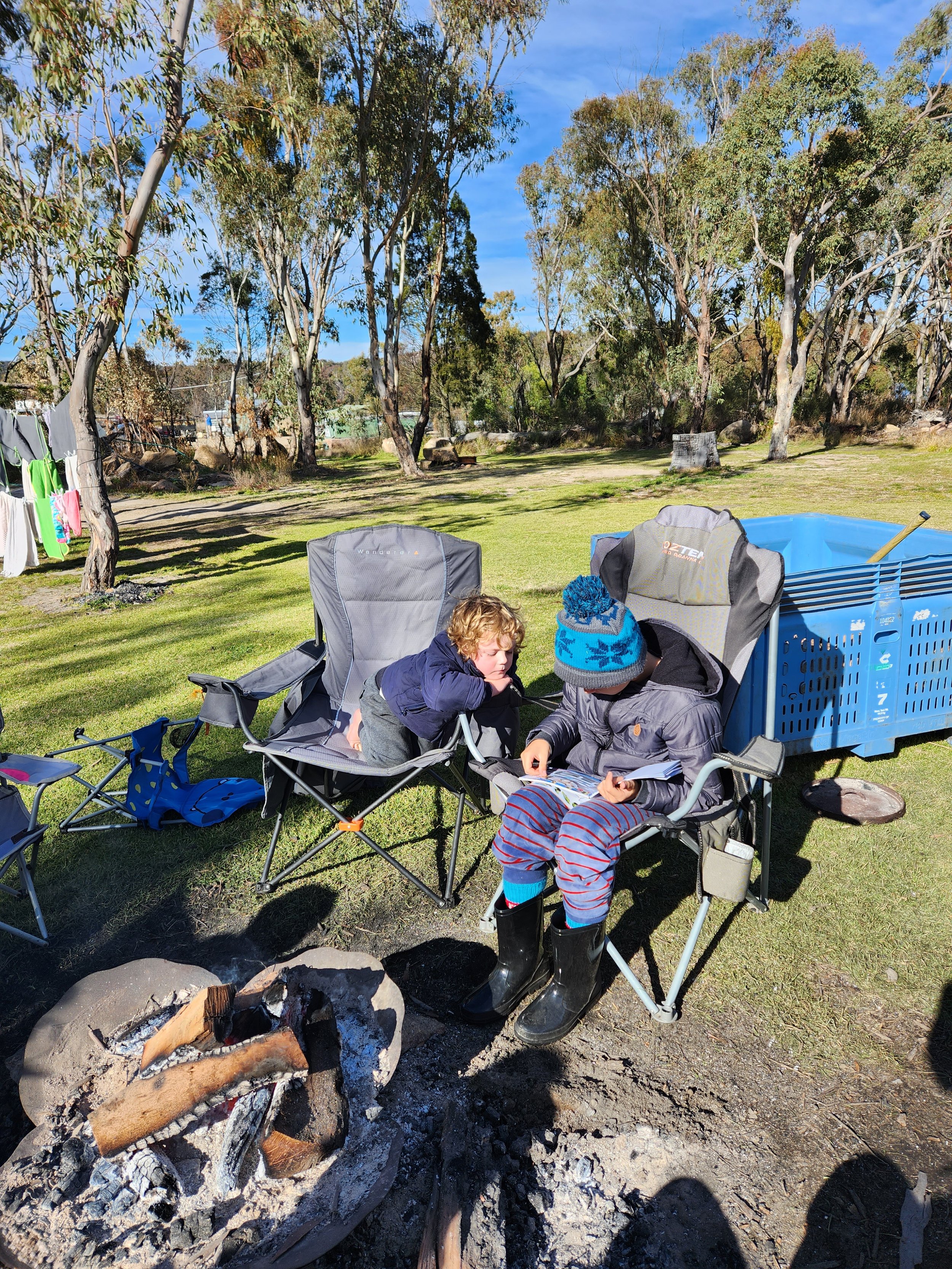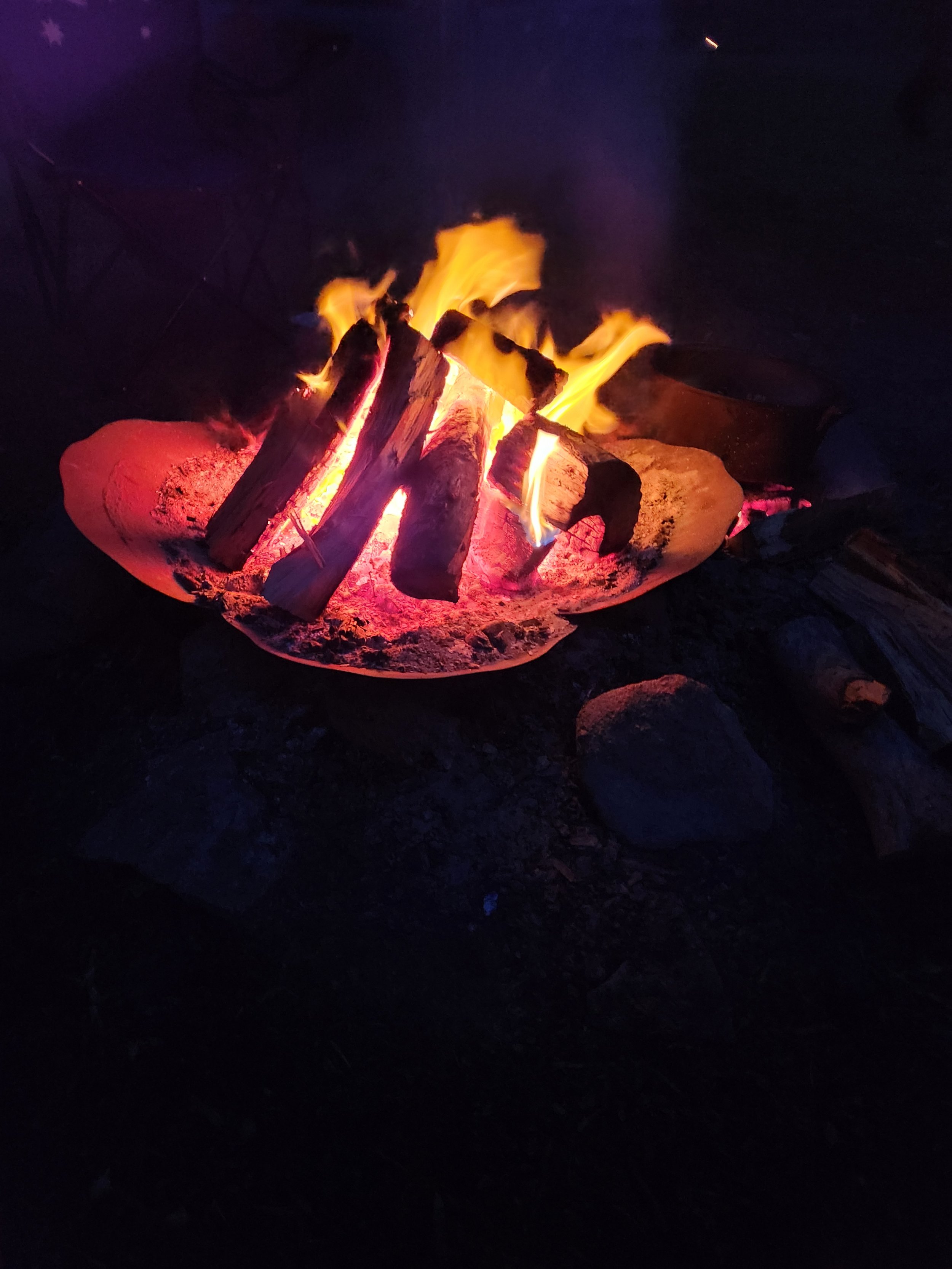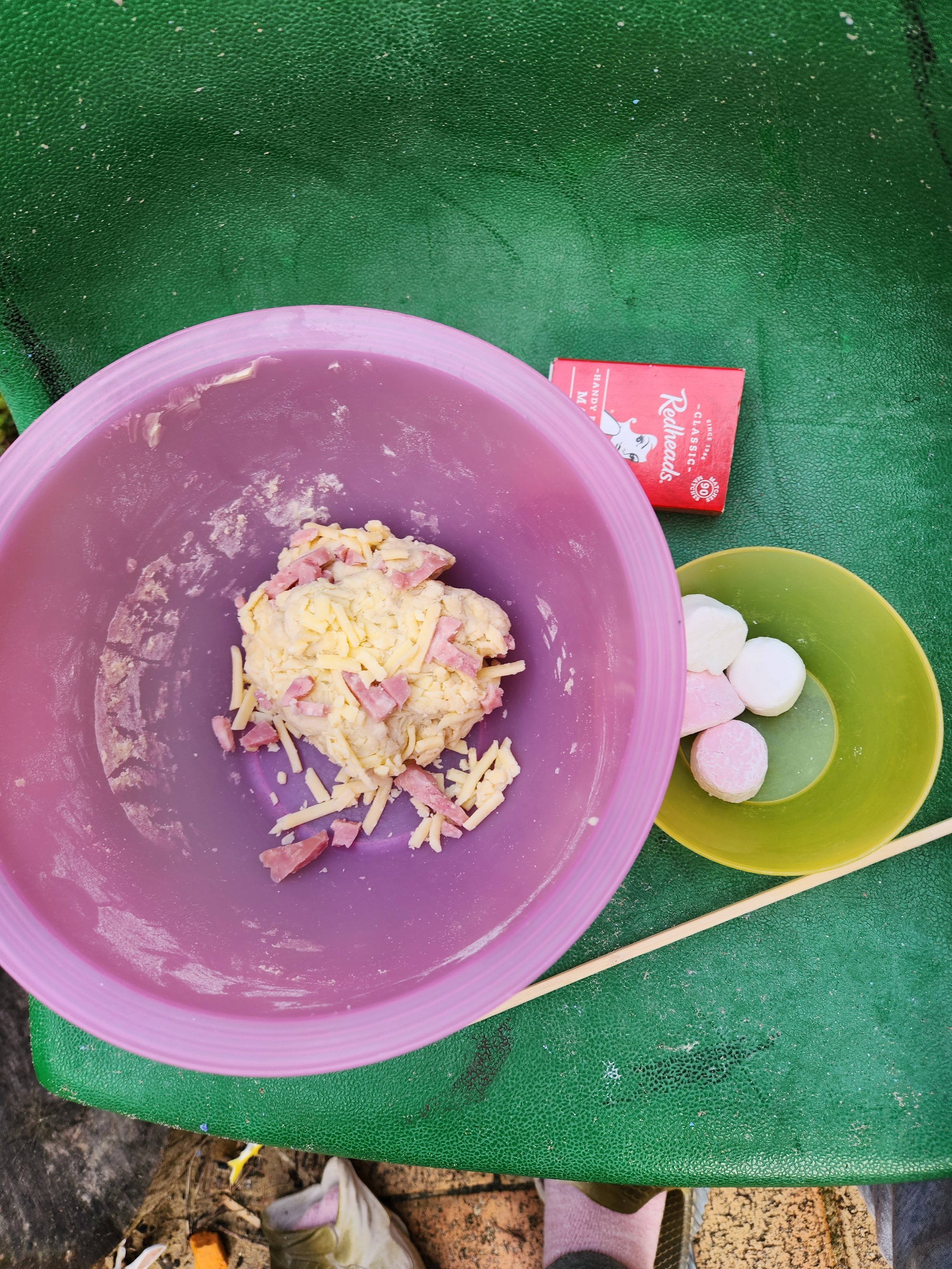How to Save Money on A Family Camping Trip
If you’ve recently discovered how expensive camping can be, don’t panic! The good news is it’s VERY simple to save money on camping trips. Afterall, camping is the original FREE travel!
The biggest expenses when camping are site fees and camping gear. Oh that gear adds up, doesn’t it!? With that in mind, here are…
10 hacks to save money camping!
1. Ask to borrow from a friend. DO IT. This is especially related to camping gear – do not buy something unnecessarily if you are trying to save money. Most people have camping gear sitting unused in the garage, and unless they’re camping at the exact same time as you, will be more than happy to share. If it’s cheaper to give them a 6 pack of beer, ox of chocolates or bottle of wine as a thank you, then just ask to borrow gear. We have shared or borrowed our camping bed, tressel tables, lights, blow up mattresses, tent poles, big tarps, cooking stove and a gazebo.
2. Limit tourist activities. You don’t need to visit all the local attractions, remember that camping is an activity and is valuable in itself. Having time to do nothing, or anything, is often the best thing for kids.
3. Look for discounts. Ask for discounts. Often campsites are cheaper in slow seasons or midweek. Sometimes there is a discount for an extra night if you stay at least three nights. Do some investigating. Often you can ring up and see if they have any extras they could give you, especially if you are going as a group. We’ve often received free activity vouchers at holiday parks just by asking (e.g. “if we stay an extra night, can we have some activity vouchers for the kids?”– it’s only a question and if you’re bringing in all that extra money to the site, often they don’t mind giving away stuff that’s sitting there).
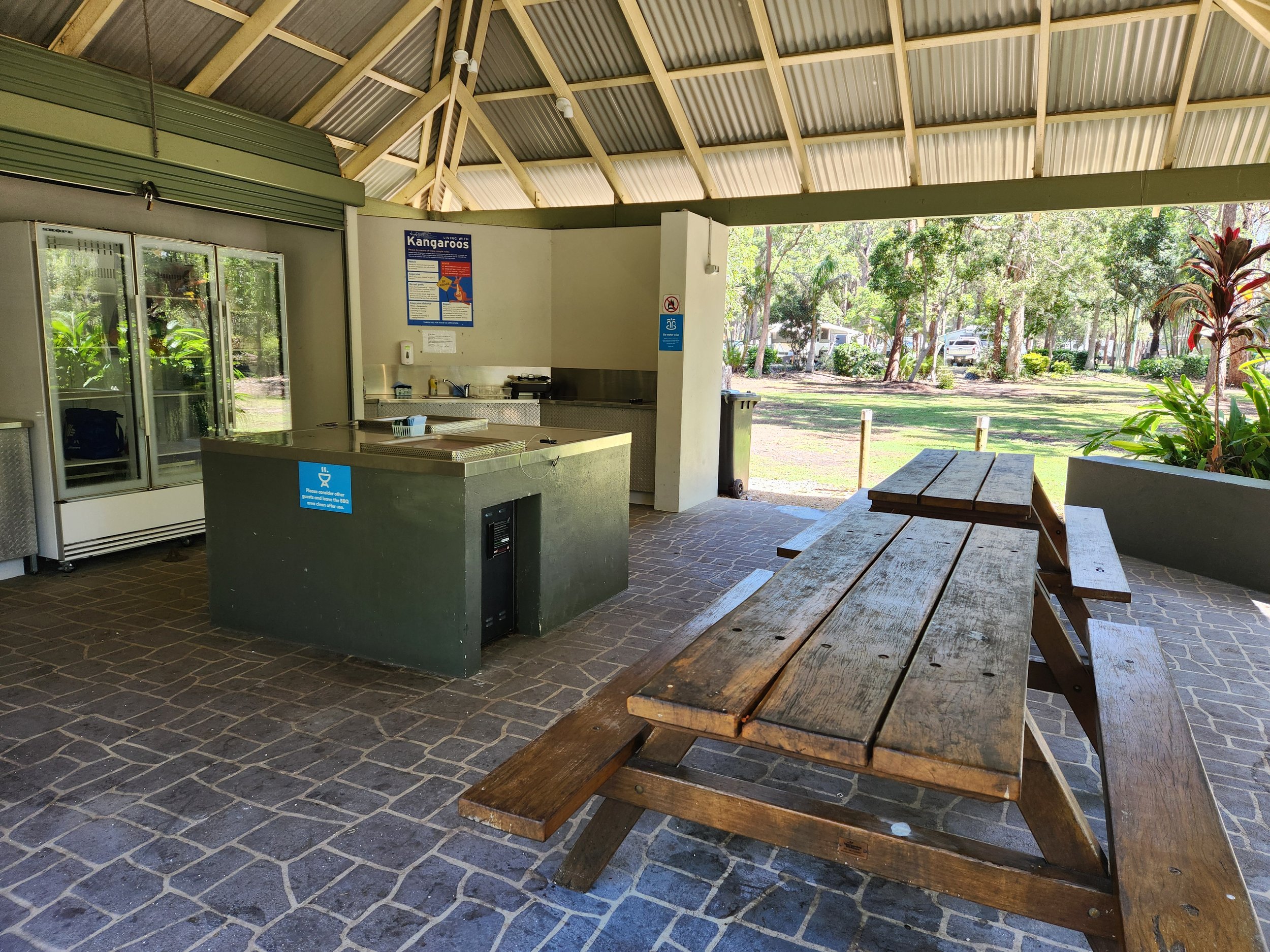
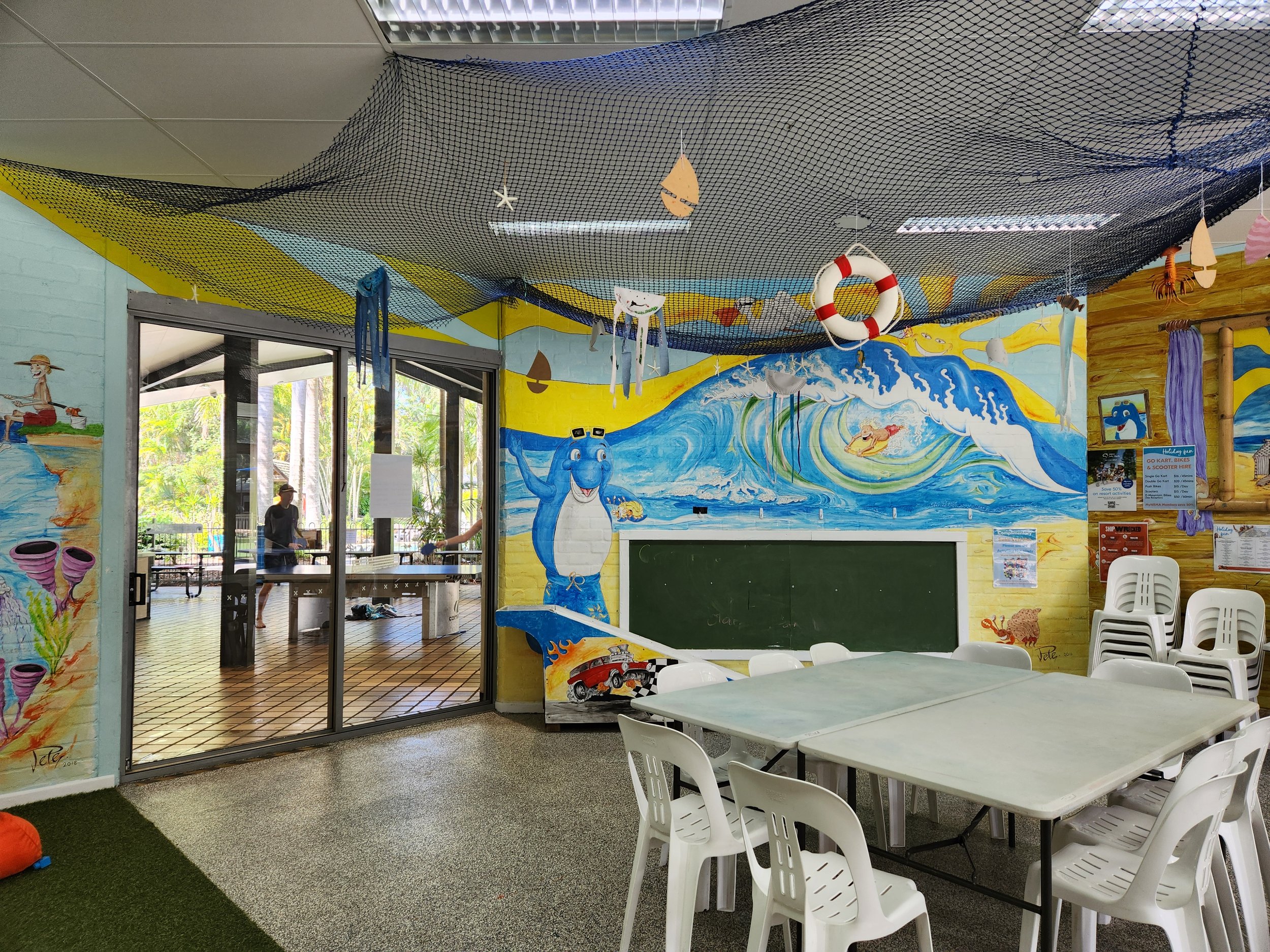
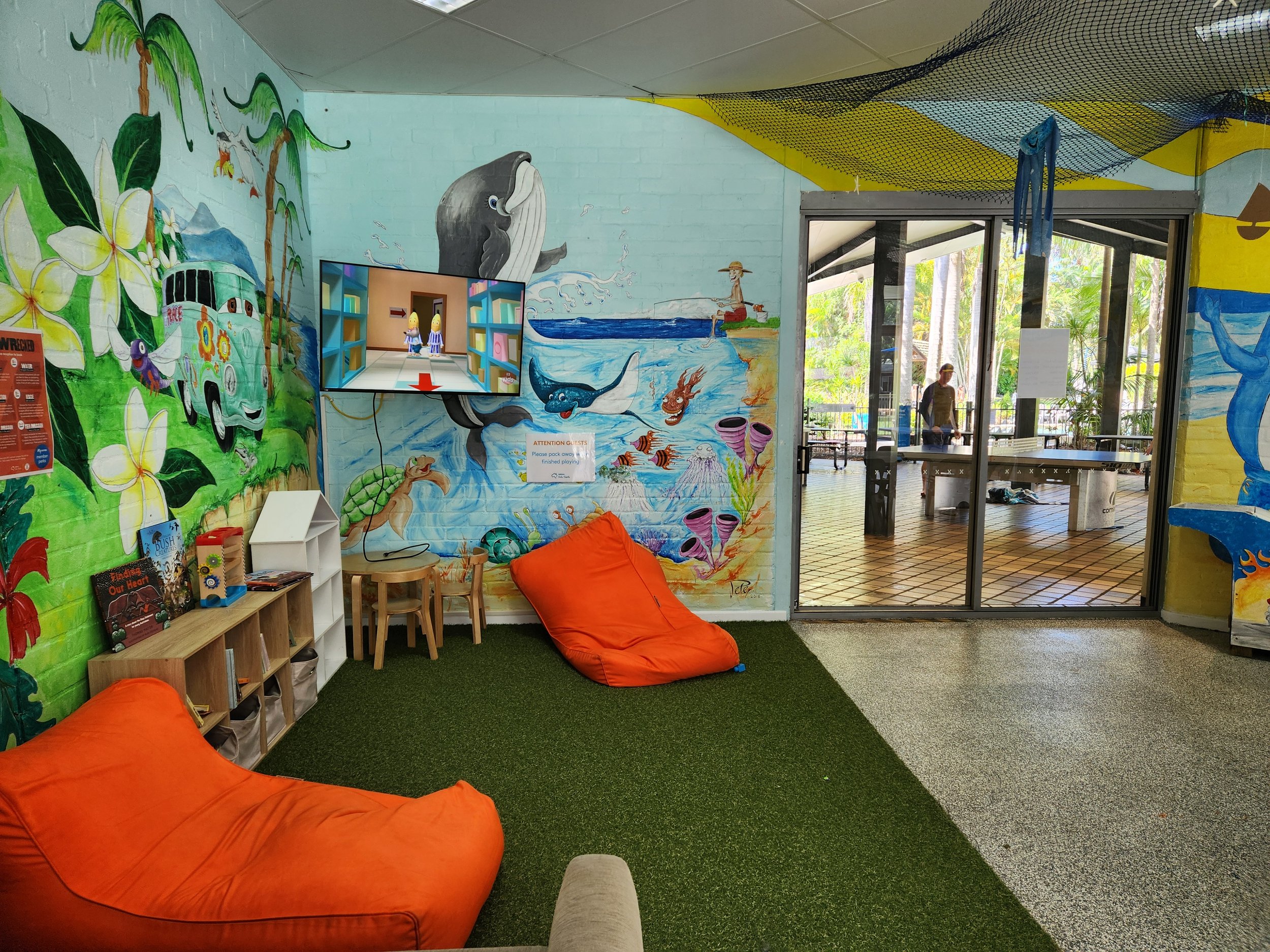
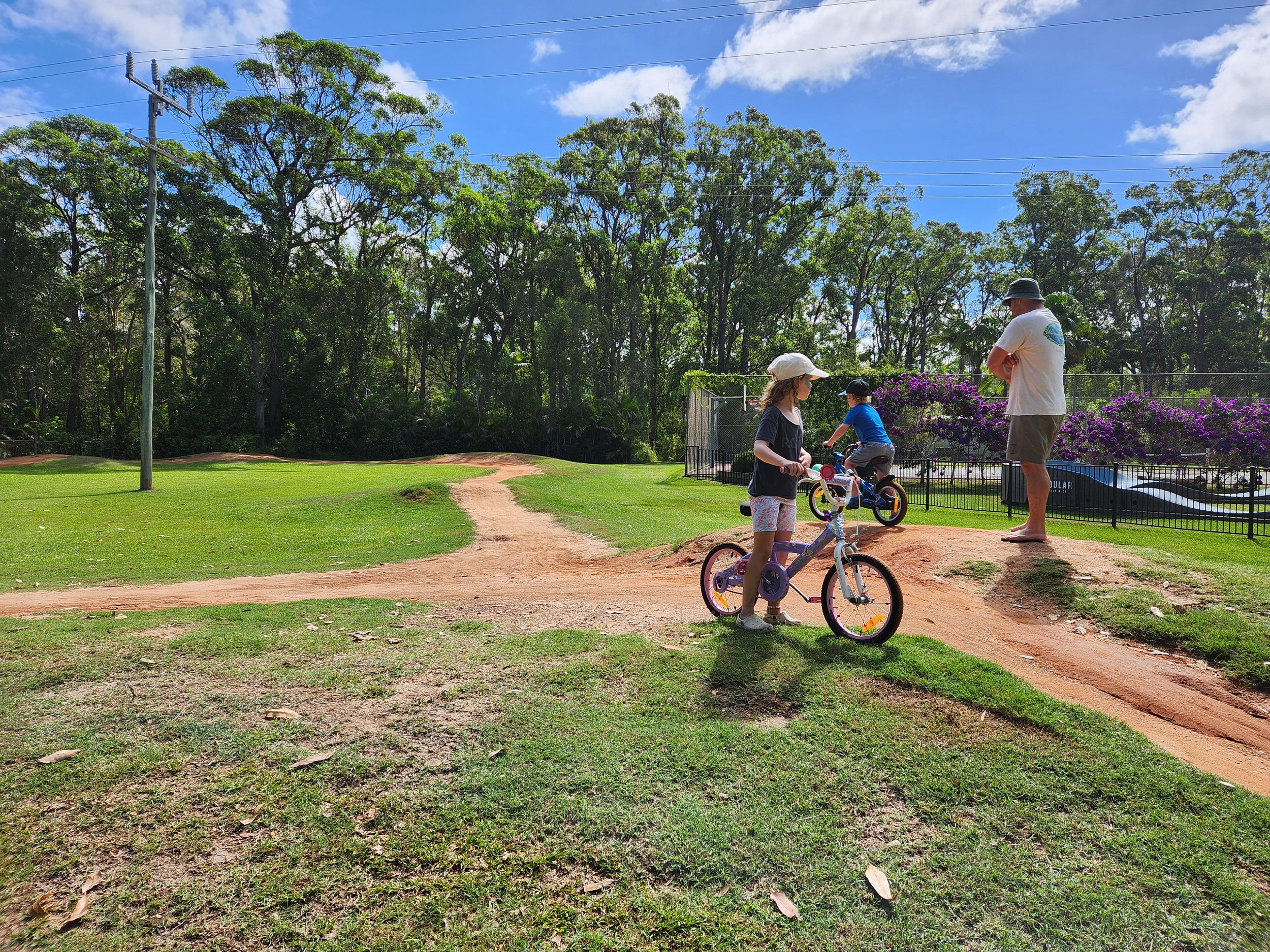
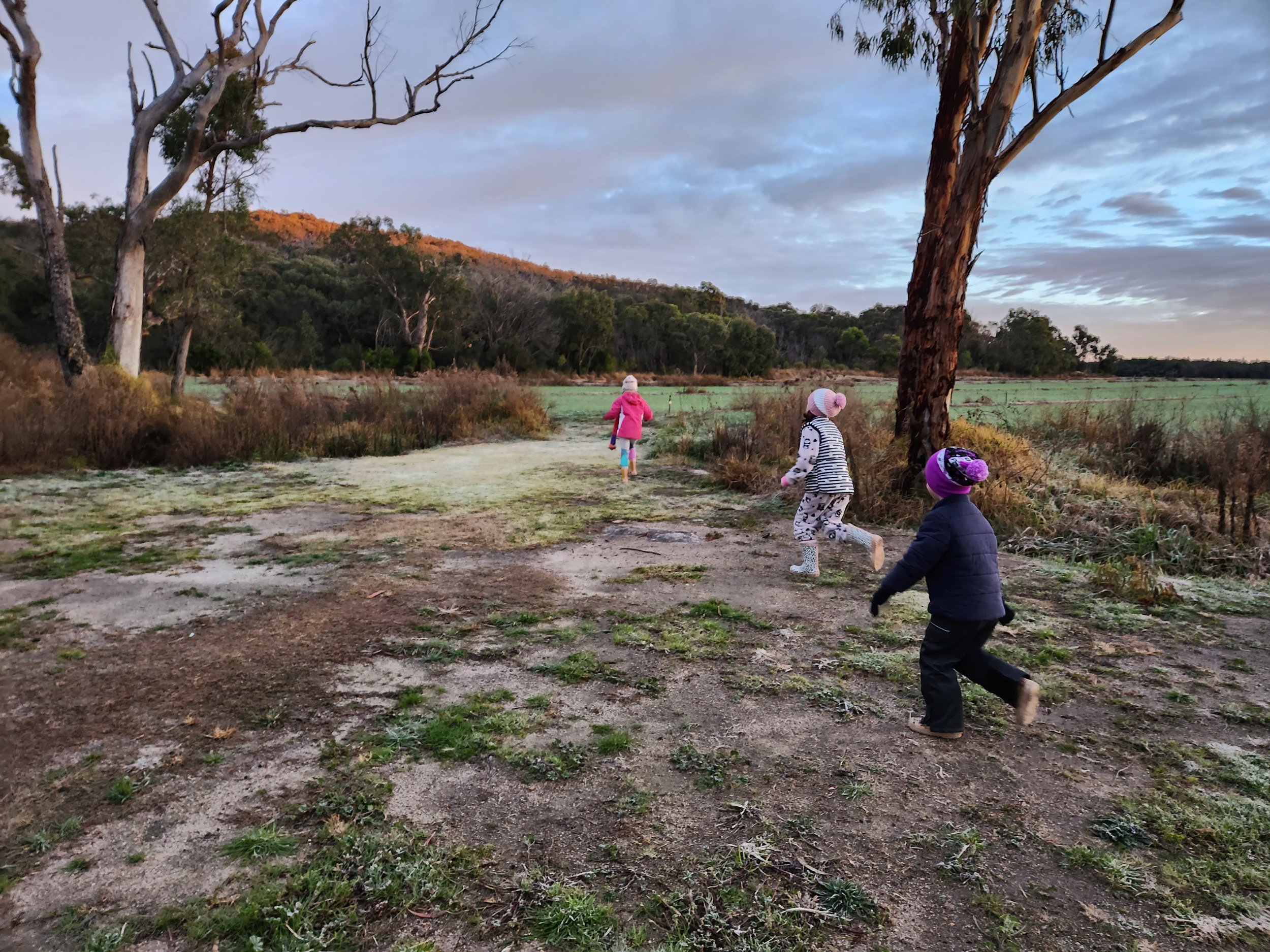
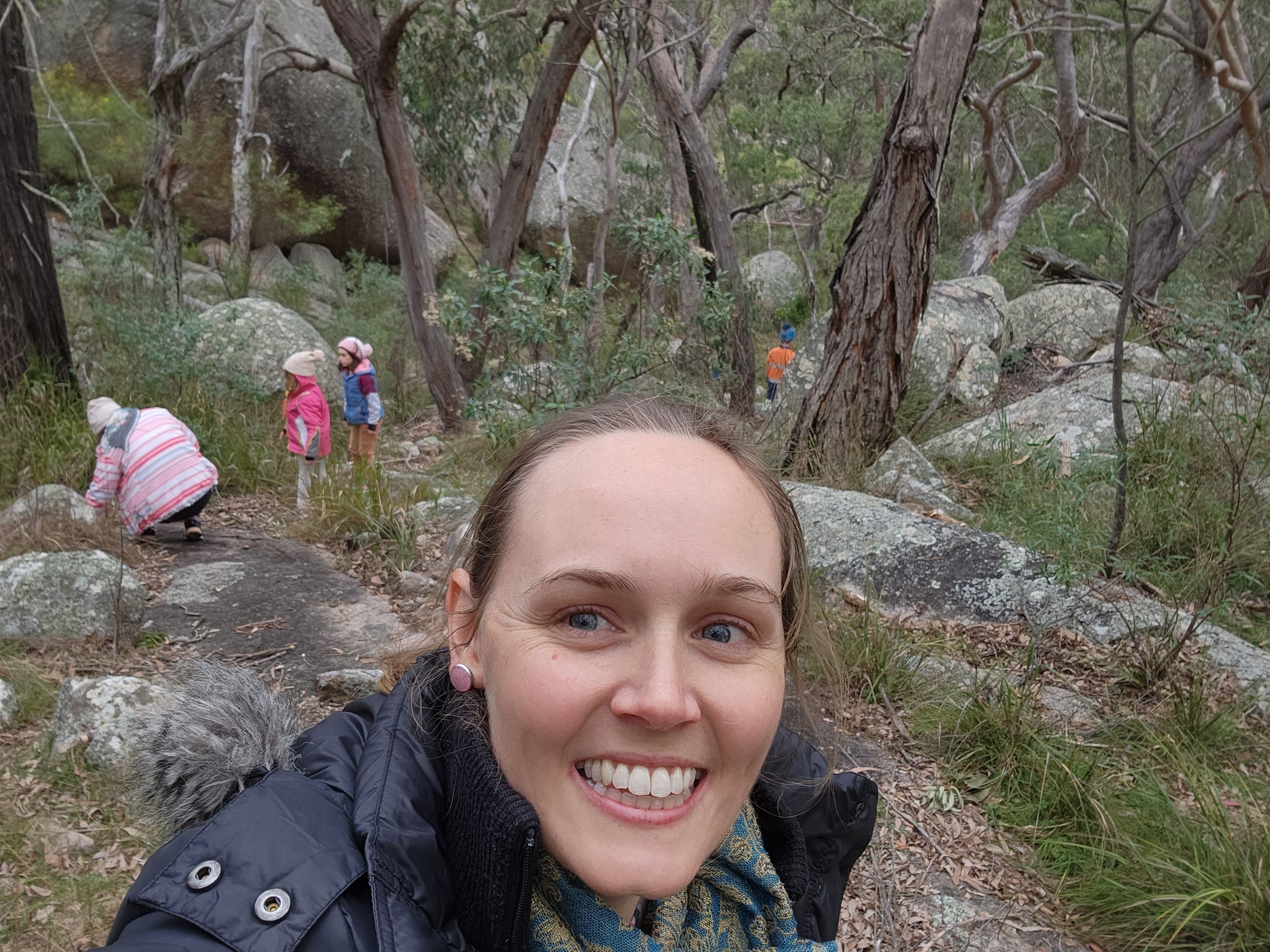
4. Try starting with the bare minimum and then add in extra gear as you need it. Often we buy things thinking we will need them, when we could have made do. If you find you really could have used that camping clothesline, then add it to your list for next time. In the meantime, enjoy the opportunity to be creative and minimalistic!
5. See what the site offers before buying anything. Many sites have amenities, so you don’t need shower and toilet gear. Many have picnic tables or seating areas (e.g. logs) around the campsite. Some campsites have laundry areas and clotheslines. One of our favourite campsites has free barbeques, fridges, microwaves and kitchen sinks. This really saves us buying and packing so many things! Plenty of sites have heaps of things for kids to do now too, which saves on packing. And if you’re really keen, seek out campsites with these extras.
6. Use your own gear from home to save buying new ‘camping’ things. This is particularly relevant for bedding and kitchenware. Use cutlery, pots, plates, bowls, mugs (I often use our travel mugs). The benefit of having kids is you’ll often have plastic plates and cups already, so there’s no need to buy camping ones. You can also use bedding from home – blow up mattresses, sleeping bags, pillows, sheets, blankets, towels. Don’t buy anything if you’ve got something which serves the same function (even if the camping one says it’s especially for camping).
7. Don’t go with friends. IF your friends are the sort to want to do all the activities, it will end up costing you more. For example, when we camp with friends who love cocktails, we end up spending way more on alcohol and takeaway (because who feels like cooking when you’ve had a couple drinks). We have some friends who LOVE to visit paid local attractions, like fun parks. You can’t say no to your kids when the other kids are going!
8. Go with friends. So on the other hand, it’s easy to save money when camping with friends. You can share camping gear and halve the amount of things you need to pack. You can share the cost of meals and cook cheaper food in bulk. And if the friends have children, then the kids will entertain each other and you’ll need to do far less paid activities.
9. Don’t look at catalogues, sales or online articles about the ‘best gear’. All of these are just trying to sell you things, and they do this by convincing you how ‘essential’ or ‘amazing’ these products would be. They are very convincing – they’re paid to be! – so just stay away from them. The only exception to this is to make a list of what you need, and then keep an eye on sales. Don’t let them tell you what to buy – look with a list in mind. Another thing you can do is collect camping gear as birthday and Christmas gifts, slowly over the years. Get a sense for what you’d really love to have and then buy those things for each other as gifts!
10. Plan cheap meals and make it part of the fun. Do simple foods the kids can be involved with making - e.g. eggs, noodles, baked potatoes in the fire, etc. Try to limit expensive snacks and opt for more filling foods. For example, we snack on nuts rather than crisps/chips. We give the kids cereal for breakfast and save the cooked breakfast as treat for just one morning.
Originally camping was all about not needing much stuff, and, in fact, getting away from it all. Don’t worry about entertaining the kids with all the holiday features, just give old-school camping a go! See if you like it or not. You’ll never know if you just assume you need all the bells and whistles. You might find you have time to play card games, have an afternoon nap, or read a book. You might see the kids build a fort, climb trees, or make new friends with nearby campers. All those fancy holiday parks are fun, but remember that cheap camping can be just as valuable.

